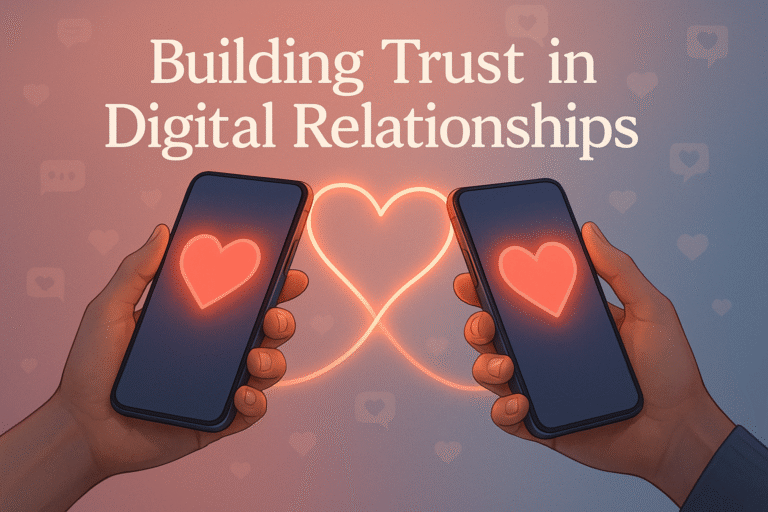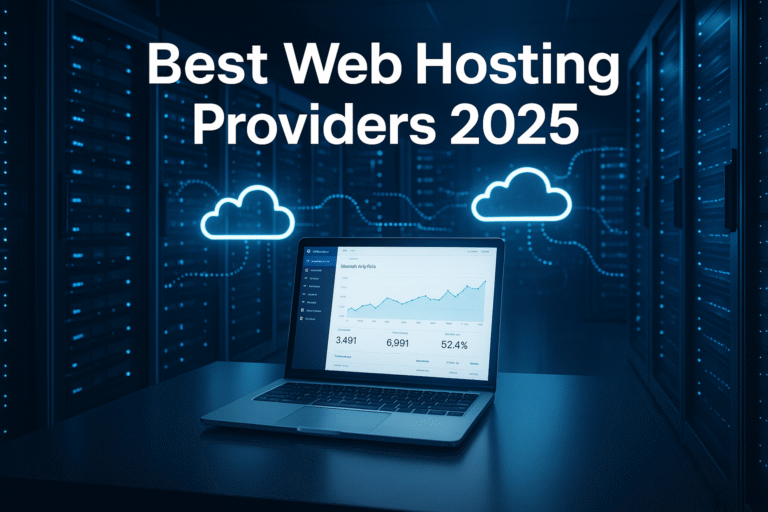
🌍 Introduction
We live in a time where technology connects us 24/7.
While it makes life faster and more convenient, it also blurs the lines between work and personal life.
The digital age has given us remote work, freelancing, and global opportunities — but it has also made it harder to disconnect.
So, how can we maintain a healthy work-life balance in this always-connected world?
Let’s explore practical tips and insights to help you thrive without burning out. 🌿
💻 1. The Rise of the Always-Connected World
From emails to Slack messages and endless notifications, we’re constantly plugged in.
Technology has transformed the workplace — but also made it hard to switch off.
- Work follows us home.
- Meetings happen across time zones.
- Even weekends feel like extensions of office hours.
💬 Reality: The digital revolution boosted productivity but blurred personal boundaries.
⏰ 2. Redefining Work-Life Balance
Work-life balance isn’t about equal hours — it’s about equal energy and focus.
In the digital age, balance means being fully present wherever you are — at work or at home.
Ask yourself:
- Am I giving time to both my goals and my well-being?
- Do I feel recharged after work — or drained?
💡 Pro Tip: Create intentional boundaries — like shutting down work apps after office hours.
🏠 3. Remote Work: Freedom and Pressure
Remote work became the new normal after 2020, and by 2025, it’s more advanced than ever.
But while it gives freedom, it also blurs the line between “home” and “office.”
✅ Pros:
- Flexibility to design your day.
- No commute stress.
- More family and personal time.
❌ Cons:
- Difficult to disconnect.
- Work leaks into personal hours.
- Loneliness or lack of social connection.
📍 Solution: Have a dedicated workspace and fixed “offline” hours.
📱 4. Technology: Friend or Foe?
Tech can make or break your balance depending on how you use it.
💪 Use Tech to Your Advantage:
- Use productivity tools like Notion, ClickUp, or Trello to stay organized.
- Schedule reminders to take breaks.
- Try “Focus Mode” or “Do Not Disturb” during personal hours.
📵 Pro Tip: Disconnect digitally to reconnect mentally — screen breaks improve focus and happiness.
🧘 5. The Power of Routine
Without structure, even remote work becomes chaos.
A daily routine helps separate your personal and professional life.
🕒 Try This:
- Start your day with something personal (like exercise or journaling).
- Have a clear “start” and “end” time for work.
- Set mini-breaks to stretch and rest your eyes.
💡 Bonus Tip: Close your laptop when work ends — physically signaling that your day is done.
💬 6. Set Boundaries and Communicate Them
In a digital world, people will keep demanding your time — unless you set limits.
- Inform colleagues about your working hours.
- Avoid replying to emails after hours.
- Schedule “no-meeting” days for deep work.
📣 Pro Tip: Boundaries aren’t selfish — they protect your energy.
🌿 7. Prioritize Health and Well-Being
Burnout is real — and common among digital professionals.
Make health a part of your daily schedule, not an afterthought.
🧠 Mind:
- Practice mindfulness or meditation.
- Limit social media scrolling after work.
💪 Body:
- Move every hour.
- Stay hydrated.
- Sleep 7–8 hours daily.
🌙 Remember: A healthy body and calm mind boost creativity and focus.
🧑💻 8. Learn to Say No
In the digital era, opportunities are endless — but your energy isn’t.
Learn to say no to tasks that don’t align with your priorities.
💬 Quote: “Saying yes to everything is the fastest route to burnout.”
Choose quality over quantity — your time is your most valuable asset.
💞 9. Make Time for Relationships
With screens everywhere, real human connection often gets lost.
Make time for friends, family, and hobbies that don’t involve technology.
- Have tech-free dinners.
- Schedule weekend getaways.
- Call loved ones instead of just texting.
💬 Pro Tip: Relationships recharge you more than scrolling ever can.
🌐 10. The Future of Work-Life Balance
In 2025, AI and automation are transforming jobs — but they can also help us work smarter.
The goal isn’t to eliminate technology but to use it consciously.
The future will reward those who master balance — not just hustle.
Employers are already shifting toward mental health days, 4-day work weeks, and flexible schedules.
🚀 Insight: Balance is not static — it evolves with you. Keep adjusting as life and technology change.
💬 Conclusion
The digital age offers infinite opportunities — but also endless distractions.
True success comes when you know when to work and when to pause.
“Work gives you purpose, rest gives you strength — balance gives you life.”
In this hyperconnected world, balance is your greatest power.
So unplug, breathe, and remember — life happens offline too. 🌿💻✨



